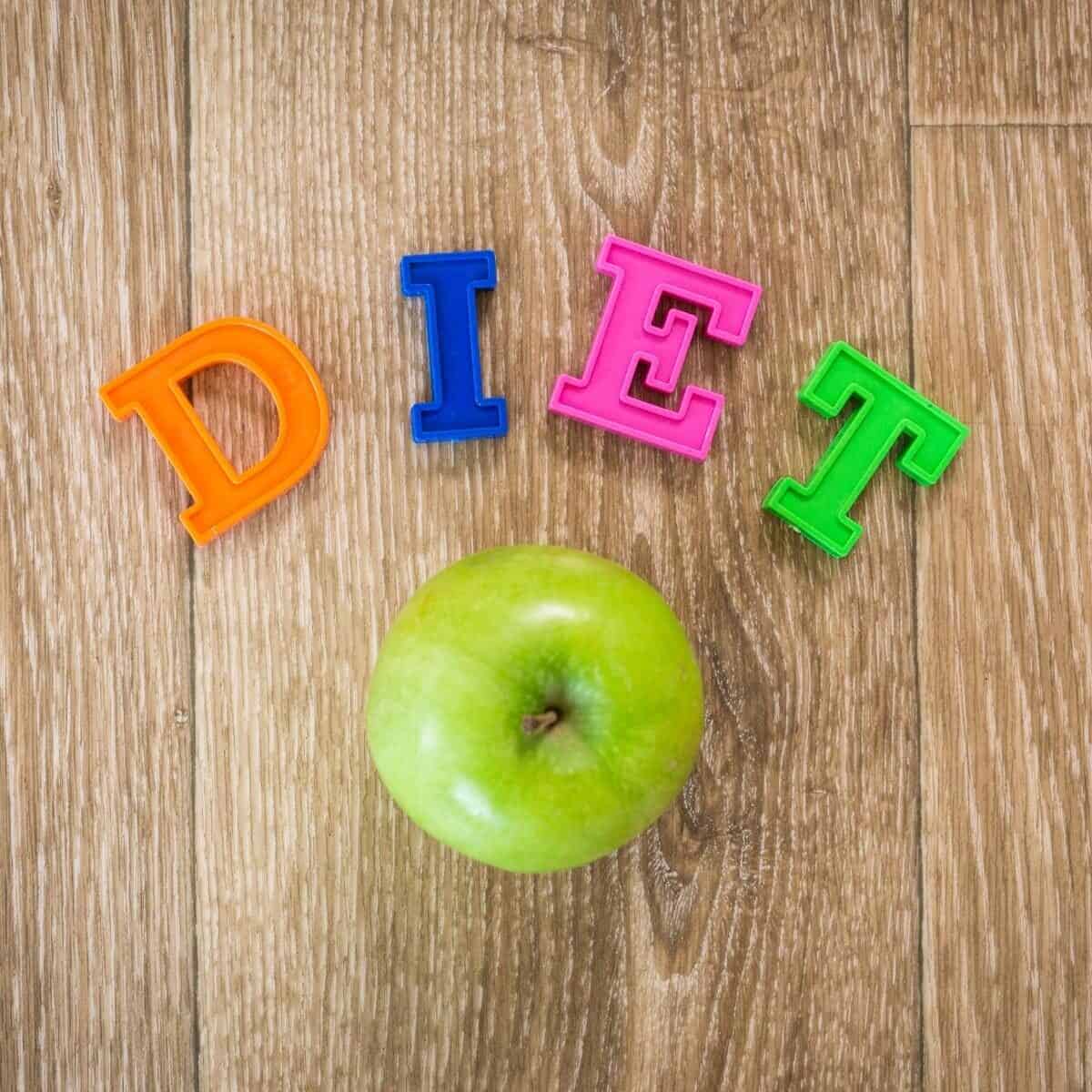The Fasting Diets Fad: Navigating the Hype with Hard Facts
Fasting diets have seen their fair share of the limelight over recent years, with promises ranging from rapid weight loss to unparalleled health benefits. But before you jump on the bandwagon and start skipping meals, it’s crucial to sift through the buzz and understand the science behind the trend. Is it truly a wellness revolution, or just another dieting fad destined to fade? Grab a cup of (calorie-free) tea, and let’s dissect the world of fasting diets together.

Types of Fasting Diets
The fasting diet landscape is as varied as it is confusing. From Intermittent Fasting, where you cycle between eating and fasting periods (hello, 16/8 method), to the 5:2 diet, which involves eating normally for five days and significantly reducing calorie intake for two, there’s a fasting style for every personality. And then, we have the Alternate-Day fasting – a true test of willpower, where the name pretty much gives away the game plan.
But how do they work? Each method plays with timing and caloric intake to potentially kickstart our body into different, often more efficient, metabolic states. The promised land? Fat loss, improved metabolic health, and even a longer life.
The Science Behind Fasting
When we fast, our bodies undergo a mini-metamorphosis. Insulin levels drop, human growth hormone levels rise, and our cells start spring-cleaning processes known as autophagy. This is less about changing butterflies and more about your body switching to fat burning for fuel, improving cellular repair, and potentially boosting brain function.
Evidence of Success
Research shows intermittent fasting can lead to weight loss, improve metabolism, and even extend lifespan in rodents. The human studies, though fewer, are promising. Real-life testimonies abound, with many an Instagram post boasting the before-and-after magic of fasting. However, science whispers the wise adage: results may vary.
Potential Risks and Misconceptions
Fasting diets aren’t a one-size-fits-all miracle cure. For individuals with certain health conditions or dietary needs, fasting could do more harm than good. Misunderstandings also abound, with many assuming “fasting” equals “eat whatever you want outside of fasting periods.” Spoiler alert: a diet of exclusively pizza and ice cream, even within eating windows, is unlikely to confer the sought-after health benefits.
Practical Tips for Fasting Safely
If you’re keen to explore the fasting world, here’s some friendly advice:
- Start slow. Try shorter fasting periods and gradually increase the duration.
- Stay hydrated. Water, tea, and black coffee are your fasting friends.
- Plan nutritionally rich meals for your eating windows – think colourful plates filled with veggies, lean proteins, and whole grains.
- Listen to your body. Dizziness, extreme hunger, or irritability are signs to reassess your fasting plan.
Conclusion
Fasting diets, with their allure of simplicity and significant health benefits, continue to captivate. However, like any diet or lifestyle change, it’s vital to approach them with a balance of enthusiasm and scepticism. The truth behind fasting diets is nuanced – for some, they’re a game-changer; for others, not so much. Before you fast your way to what you hope will be a healthier you, remember to arm yourself with information, consult with health professionals, and, most importantly, listen to your body.
Feeling enlightened or have experiences to share? Don’t hesitate to chime in below. After all, the road to wellness is always better travelled together.